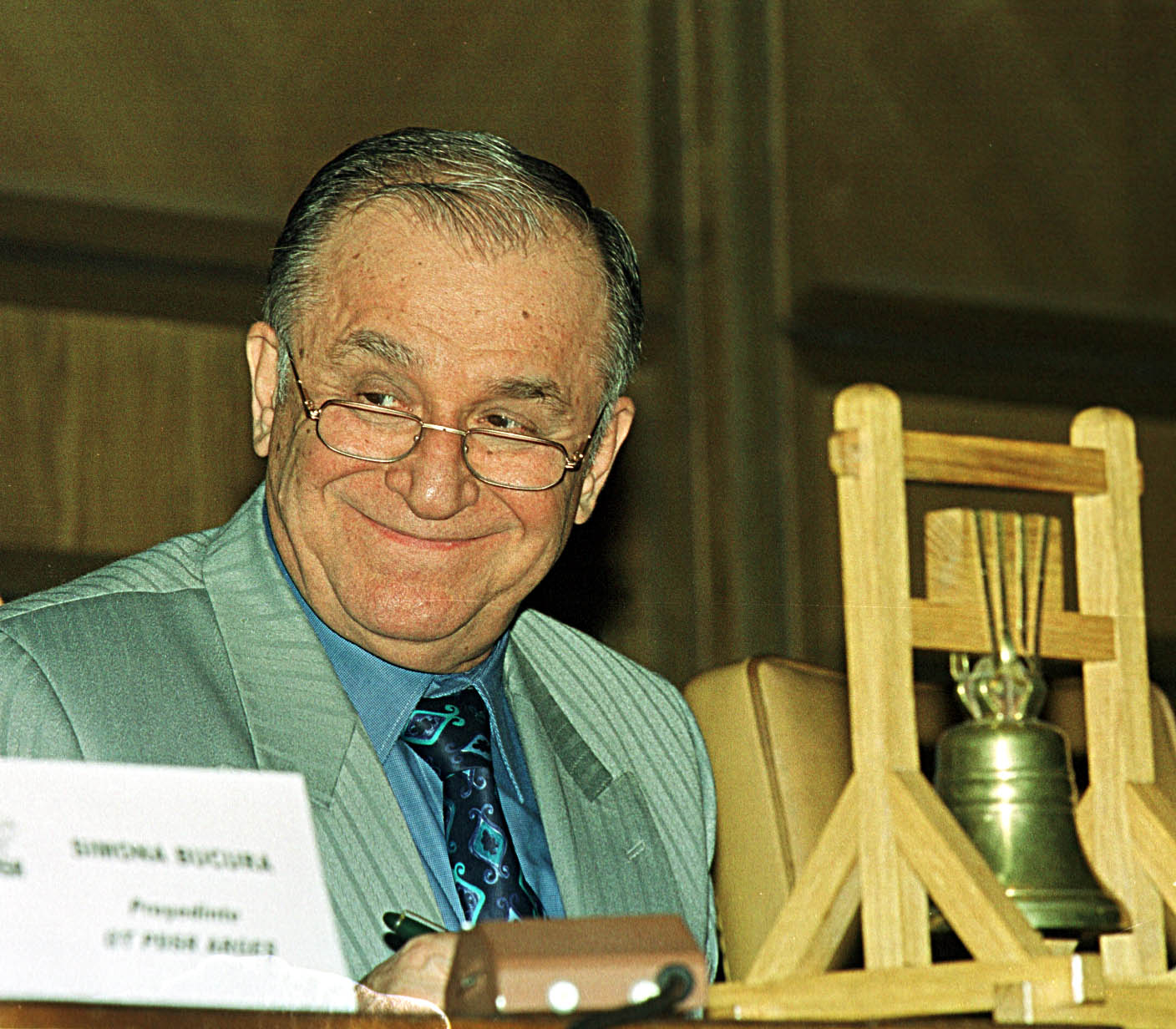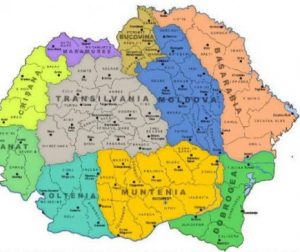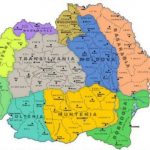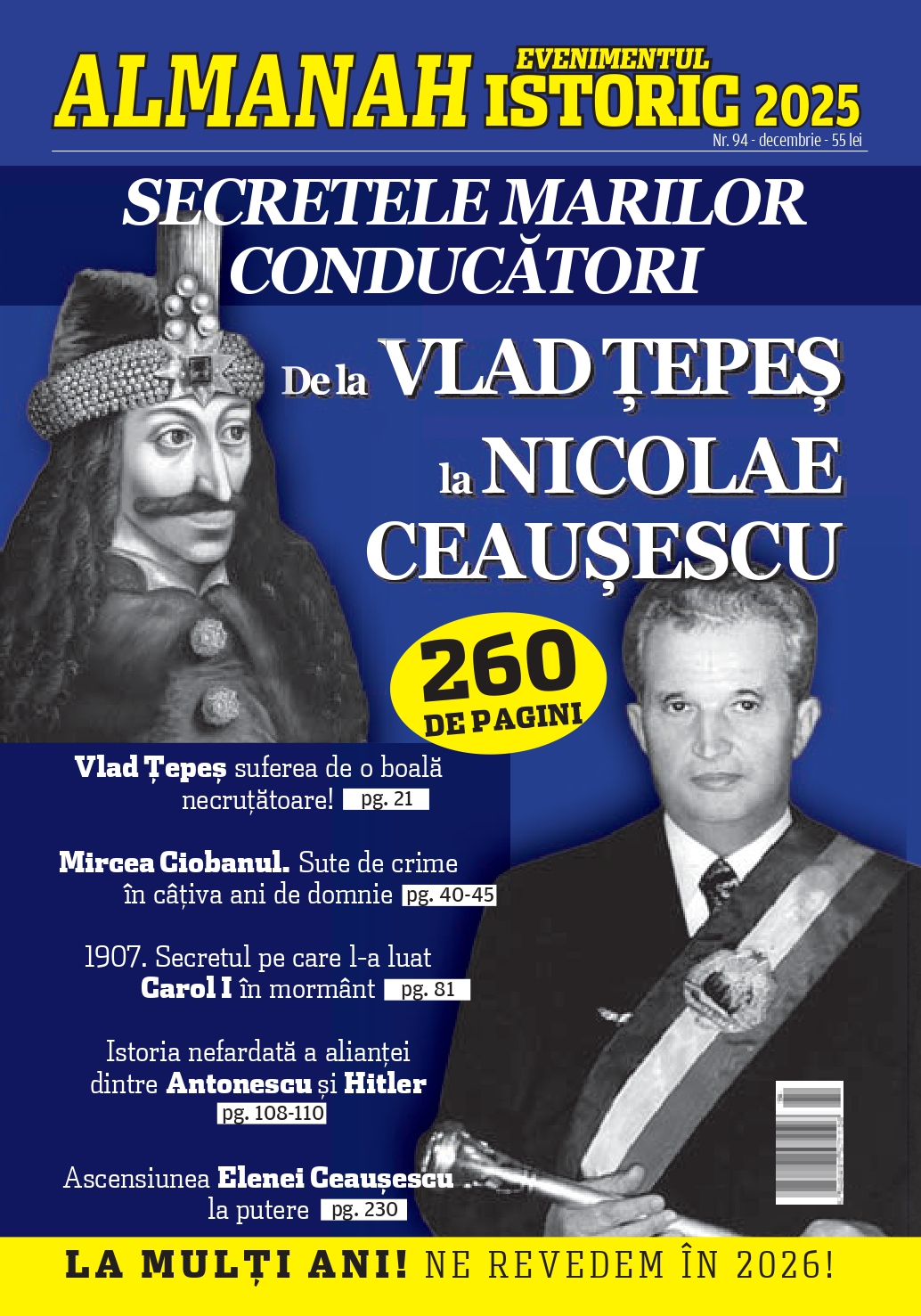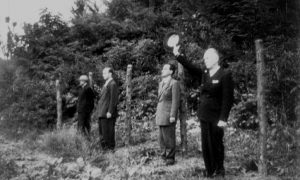Rezoluţia Senatului american are o importanţă crucială pentru recunoaşterea internaţională a dreptului României şi Moldovei de a se reuni. Aceasta este atitudinea oficială a SUA, exprimată în Congresul american.
Chiar dacă au trecut 25 de ani de la adoptarea rezoluţiei Senatului, ea nu a fost abrogată de alt act emis de aceeaşi autoritate.
Documentul dovedeşte că în 1991 exista pe plan internaţional un orizont de aşteptare şi recunoaştere a Reunirii Moldovei cu România.
Fostul ambasador al României la Chişinău, Aurel Preda, afirmă că Mircea Snegur a trimis de două ori delegaţi la Bucureşti pentru a negocia cu Ion Iliescu Reunirea Modovei cu România, cerând o funcţie de vicepreşedinte al României pentru Snegur, însă partea română a refuzat, dezvăluie Marius Diaconescu în Adevărul.
Aurel Preda a participat la redactarea declaraţiei de independenţă a Republicii Moldova din 27 August 1991 şi a fost primul ambasador al României la Chişinău, ceea ce conferă credibilitate afirmaţiilor sale.
Un lucru este cert, România a ratat în 1991 o şansă uriaşă pentru Reunificarea ţării.
În Moldova exista atunci un curent favorabil Reunirii, la fel ca în România. Liderii politici moldoveni au propus Reunirea, desigur în schimbul unor avantaje politice, cerinţe fireşti în negocierile politice. Statele Unite ale Americii au recunoscut oficial dreptul la Reunificare al României cu Moldova, iar în cancelariile europene Reunirea era aşteptată.
Ion Iliescu s-a opus
Deşi au existat premise favorabile Reunirii pe plan internaţional, ea nu a avut loc. De ce?
Cel puţin un răspuns este cert: Ion Iliescu, preşedintele României în 1991, avea relaţii prea strânse cu Moscova şi a trădat interesul naţional al României.
Sigur Ion Iliescu cunoştea Rezoluţia Senatului SUA din 28 Iunie 1991. De ce nu a exploatat-o în interesul naţional?
Istoria îl va judeca pe Ion Iliescu ca trădătorul care a ratat Reunirea Moldovei cu România în 1991. Ion Iliescu nu a reprezentat interesele poporului român în 1991! Rezoluţia nr. 148 a Senatului SUA este un document de o importanţă politică excepţională şi trebuie să stea la baza oricăror negocieri viitoare pentru realizarea Reunirii Moldovei cu România
Iată textul original, preluat de pe pagina oficială a Senatului SUA: „102d CONGRESS 1st Session S. RES. 148 To express the sense of the Senate that the United States should support the right to self-determination of the people of the Republic of Moldavia and northern Bucovina. IN THE SENATE OF THE UNITED STATES June 28 (legislative day, JUNE 11), 1991 Mr. PRESSLER (for himself and Mr. HELMS) submitted the following resolution; which was referred to the Committee on Foreign Relations RESOLUTION To express the sense of the Senate that the United States should support the right to self-determination of the people of the Republic of Moldavia and northern Bucovina. Whereas, the Romanian principality of Moldavia emerged as an independent state in the 14th century; Whereas, Moldavia was invaded in 1806 by the Russian Army and annexed by the Russian Empire in 1812 as a result of the Russo-Turkish Treaty of Bucharest; Whereas, on November 15, 1917, the Soviet Government proclaimed the right of the peoples of the Russian Empire to self-determination and the establishment of separate states; Whereas, on December 2, 1917, the democratically-elected Moldavian constituent assembly, the Sfatul Tsarii, proclaimed Moldavia an independent republic; Whereas, on April 9, 1918, the Constituent Assembly voted to unite Moldavia with the Kingdom of Romania; Whereas, the United States, France, Italy, Great Britain, Japan and the other allied states specifically sanctioned and recognized the reunion of Moldavia with Romania in the Peace Treaty of Paris of October 28, 1920; Whereas, the Soviet Union’s armed forces invaded the Kingdom of Romania on June 28, 1940 and occupied eastern Moldavia and northern Bucovina, and Hertsa in contravention of the Charter of the League of Nations; the Treaty of Paris of 1920; the General Treaty for the Renunciation of War of 1928; the Romanian-Union of Soviet Socialist Republics Mutual Assistance Pact of 1936; the Conventions for the Definition of Aggression of 1933; and generally recognized principles of international law; Whereas, the annexation of Moldavia, northern Bucovina, and Hertsa was prospectively agreed to in certain secret protocols to a treaty of nonaggression concluded between the Government of the Soviet Union and the German Reich on August 23, 1939; Whereas, from 1940 to 1953 hundreds of thousands of Romanians from Moldavia and Bucovina were deported by the Union of Soviet Socialist Republics to Central Asia and Siberia; Whereas, the United States Government has repeatedly stated its refusal to recognize forcible seizure of territory pursuant to the terms of the so-called Stalin-Hitler Pact, including the 1940 Soviet annexation of Estonia, Latvia, and Lithuania; Whereas, the Governments of the United Kingdom, the Soviet Union and the United States are parties to the Atlantic Charter of August 14, 1941, in which the signatories declared their `desire to see no territorial changes that do not accord with the freely expressed will of the peoples concerned’ and affirmed their wish `to see sovereign rights and self-government restored to those who have been forcibly deprived of them’ during the course of the Second World War; Whereas, on August 31, 1989, the Supreme Council of Moldavia declared Romanian to be the official language of the Republic and reestablished the Latin alphabet forbidden by the Soviet Government during the occupation of Moldavia as the alphabet of written Romanian; Whereas, in March, 1990, the Romanian people of Moldavia were able to vote in free and fair elections for deputies to the Supreme Council of Moldavia; Whereas, on April 27, 1990, the Supreme Council of Moldavia restored the flag of Romania as the official flag of the republic; Whereas, on June 23, 1990, the Supreme Council of Moldavia declared the Republic of Moldavia a sovereign state; Whereas, on December 16, 1990, more than eight hundred thousand Romanians gathered at the Second Grand National Assembly in the Moldavian capital of Chisinau to declare the national independence of Romanians in occupied territories; Whereas, the people of Moldavia refused to participate in the Soviet referendum of March 3, 1991 despite Soviet governmental efforts to threaten and intimidate the Moldavian people into accepting a new union treaty; Whereas, the signatory states of the Helsinki Final Act have accepted the principle of the equal rights of people and their right to self-determination; and Whereas, pursuant to article 8 of the Helsinki Final Act `all peoples always have the right, in full freedom, to determine, when and if they wish, their internal and external political status, without external interference, and to pursue as they wish their political, economic, social, and cultural development’: Now, Therefore, be it Resolved, That it is the sense of the Senate that the United States Government should– (1) Support the right of self-determination of the people of Soviet-occupied Moldavia and northern Bucovina and issue a statement to that effect; and (2) Support future efforts by the Government of Moldavia to negotiate peacefully, if they so wish, the reunification of Romania with Moldavia and Northern Bucovina as established in the Paris Peace Treaty of 1920, the prevailing norms of international law, and in conformity with Principle 1 of the Helsinki Final Act.”

